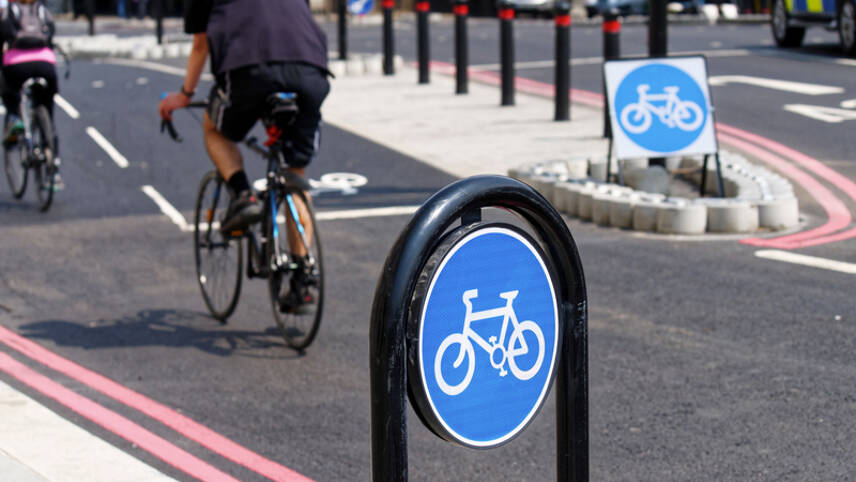Register for free and continue reading
Join our growing army of changemakers and get unlimited access to our premium content

According to cycling UK, less than 3% of the journeys taken each year in the UK are made by bike
The UK Government’s Department for Transport (DfT) and Department of Health and Social Care first revealed they were exploring the approach in 2020 and, on Monday (22 August), revealed which local authorities will receive funding to trial the scheme.
In total, £12.7m of funding from Government coffers will be used to support the scheme, contributing to adult cycle training, free bike loan schemes, infrastructure improvements and setting up walking groups.
GPs will have the ability to prescribe more physical activity through walking and/or cycling if they believe this will significantly benefit a patient’s mental and/or physical health in each of the 11 regions set to pilot the approach.
The chosen locations for pilots are Staffordshire, Nottingham, Gateshead, Doncaster, Leeds, Bradford, Cumbria, Bath and North-East Somerset, Cornwall, Plymouth and Suffolk. The Government’s target is to ensure that, between these trials and existing social prescribing schemes, more than 900,000 people receive referrals by the end of the 2023-24 financial year. Funding will continue to be provided for these specific trials through to 2025.
Shifting gear
The trials form part of broader plans to increase active transport in England, contributing to the Government’s overarching commitments to reduce emissions from the most-emitting sector, transport, while also reducing social inequalities and healthcare costs.
At the start of the year, the DfT launched its first executive agency for cycling and walking, Active Travel England. The York-based agency is spearheaded by Olympian Chris Boardman and is supporting the trial, along with NHS England, Sport England and the Office for Health Improvement and Disparities.
Regarding transport’s emissions specifically, the Government has repeatedly been warned that its plans do not place enough of a focus on modal shift – the need to ensure that more journeys are taken using active transport and other zero or low-carbon options. The Climate Change Committee’s (CCC) most recent annual progress report to Parliament confirmed that the Transport Decarbonisation Plan, if enacted in full, will likely only bring about half of the emissions reductions needed through to the mid-2030s.
The CCC stated in that report that “decarbonisation pathway should not be all about replacing fossil-fuelled vehicles with electric ones, it also offers an important opportunity to change the way people view mobility”.
Green groups have also stated that the Government has missed opportunities to pair up the net-zero transition and the need to tackle rising social inequalities through its Levelling Up Whitepaper. The Whitepaper confirmed no new funding for active or public transport, despite setting out a new vision to bring connectivity across the UK “significantly closer to the standards of London” this decade.


Please login or Register to leave a comment.